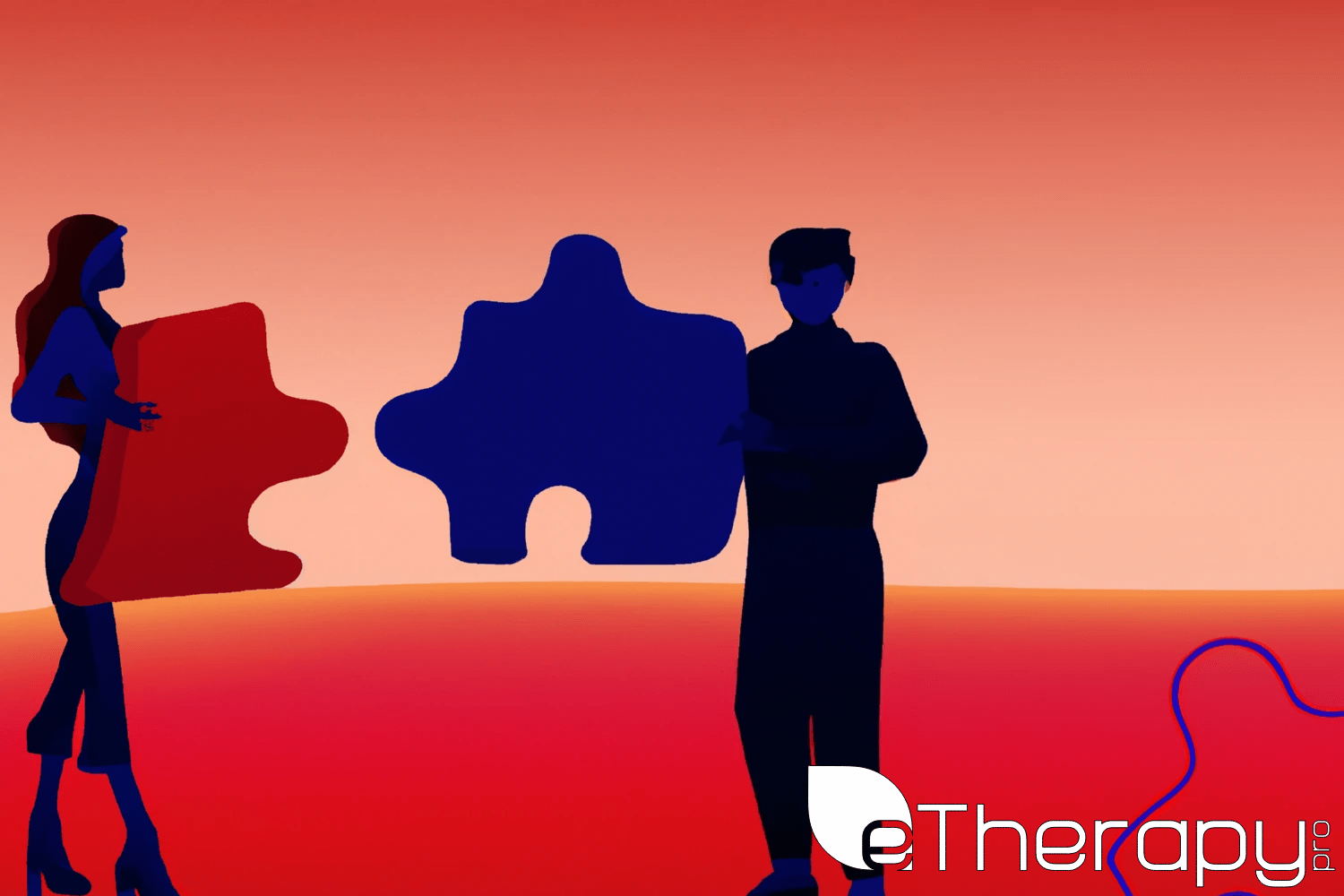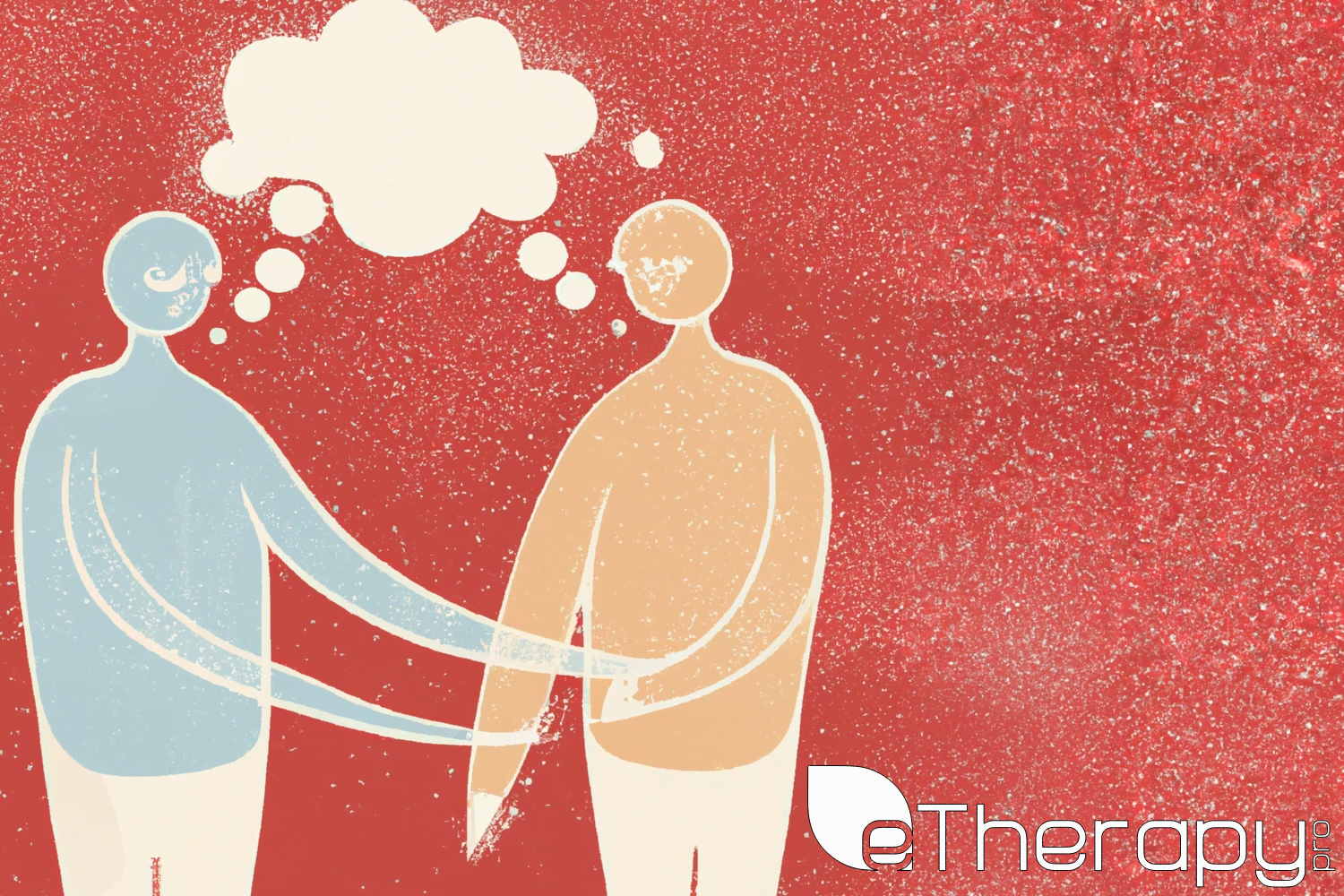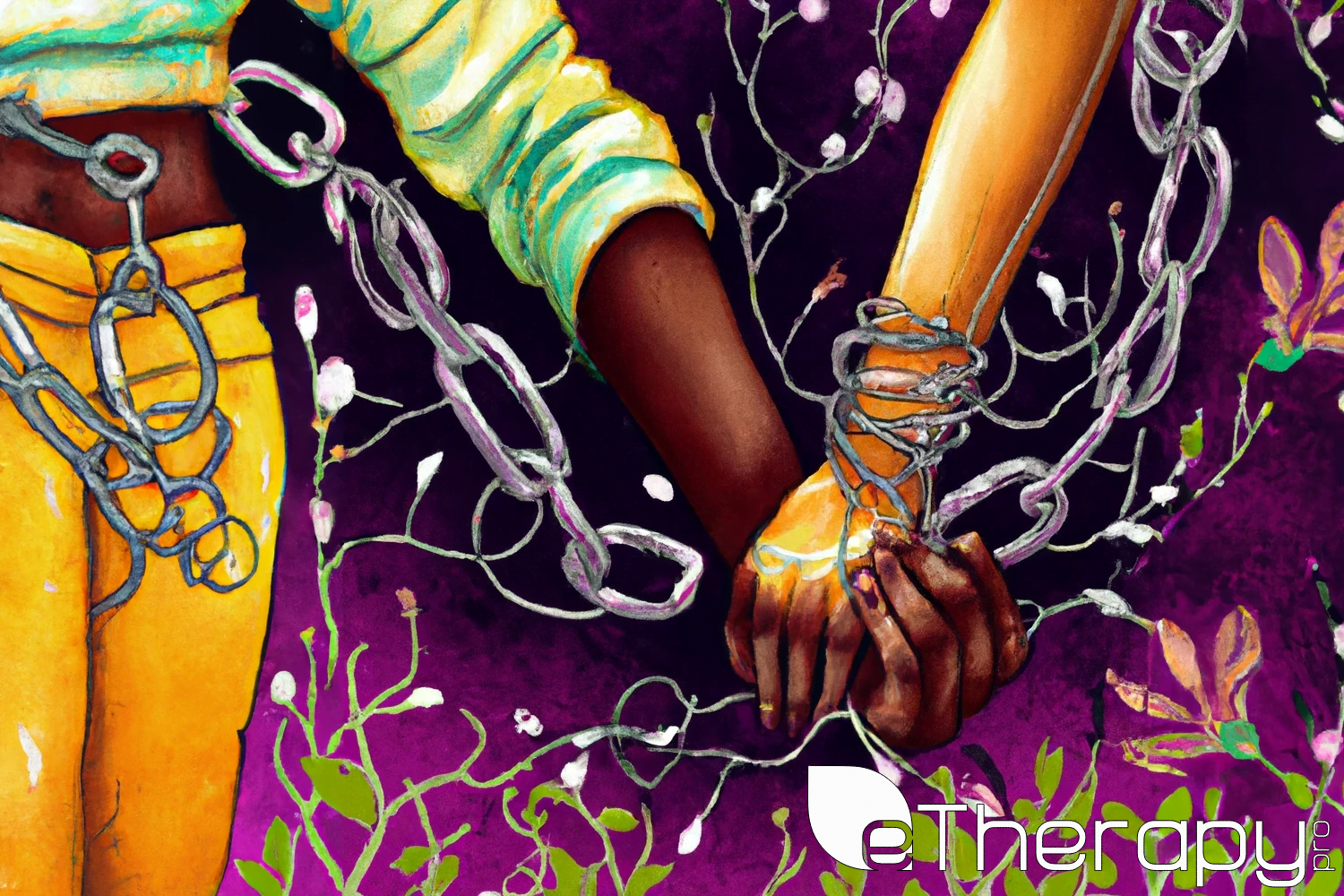 In today’s interconnected world, we often find ourselves sharing every moment, every meal, and even our innermost thoughts with not just our partners but the entire digital universe. Amidst all this sharing, the age-old question arises: How much privacy do relationships really need? Privacy, often misconstrued as secrecy or hiding, can play a pivotal role in establishing trust and creating a comfortable space within partnerships. As we delve into the nuanced balance between being an open book and maintaining personal space in relationships, let’s explore the delicate dance of privacy and its profound impact on partnerships.
In today’s interconnected world, we often find ourselves sharing every moment, every meal, and even our innermost thoughts with not just our partners but the entire digital universe. Amidst all this sharing, the age-old question arises: How much privacy do relationships really need? Privacy, often misconstrued as secrecy or hiding, can play a pivotal role in establishing trust and creating a comfortable space within partnerships. As we delve into the nuanced balance between being an open book and maintaining personal space in relationships, let’s explore the delicate dance of privacy and its profound impact on partnerships.
The Essence of Privacy in Relationships
In every thriving relationship, there exists a dance between closeness and personal space—a dance that shapes the strength and depth of the bond. As we navigate this dynamic, two concepts often arise: privacy and secrecy. While they may sound somewhat similar, understanding their nuances is pivotal to a relationship’s health.
Understanding the Difference Between Privacy and Secrecy
Privacy can be thought of as the space we grant ourselves and our partners—a realm that’s respected by both, allowing for personal growth and self-reflection. It’s the act of setting boundaries, like choosing to have a personal journal or spending time with one’s thoughts. On the other hand, secrecy leans towards concealing information with the intention to deceive or hide something from the other person. It’s the act of deliberately keeping something hidden, whether it be emotions, events, or actions, creating a barrier of mistrust. Differentiating between these two is crucial. While privacy is about nurturing individuality within the relationship, secrecy can sow seeds of doubt.
The Role of Trust in Nurturing Privacy
At the heart of every enduring relationship lies trust—a foundation upon which privacy comfortably rests. When partners trust each other, they inherently understand that granting privacy isn’t an act of distancing, but rather, a gesture of mutual respect. They recognize that everyone needs moments of solitude or personal space to rejuvenate. Trust ensures that these moments are not misconstrued as secretive or deceitful. Instead, they are seen as integral to individual well-being, which, in turn, benefits the relationship. In essence, when trust is abundant, privacy thrives, and intimacy deepens.
Striking the Right Balance
Love and commitment often pull us close, but within that closeness, it’s essential not to lose sight of our individual selves. Relationships thrive when there’s mutual respect—not just for the shared life but for the distinct spaces each partner occupies. The modern world adds another layer of complexity, with technology often blurring the lines of what’s private and what’s shared.
Shared Lives vs. Individual Spaces
As two people come together, there’s a natural inclination to share experiences, stories, and moments. This shared life is beautiful, filled with mutual goals, dreams, and memories. However, to maintain the vitality of this bond, it’s crucial to also honor the sanctity of individual spaces. Whether it’s pursuing a personal hobby, spending time with friends, or just indulging in solitary reflection, these moments of individuality recharge the soul.
Each person deserves a day away in which no problems are confronted, no solutions searched for. Each of us needs to withdraw from the cares which will not withdraw from us. – Maya Angelou
By understanding that love isn’t about constant closeness but about respecting individual paths within the joint journey, relationships can find a harmonious balance.
The Impact of Technology on Privacy
The digital age presents its own set of challenges. With the rise of social media and instant communication, the temptation to overshare is ever-present. While it’s heartwarming to share moments with the world, it’s equally essential to discern which moments are private, shared only between partners. Every message, photo, or status doesn’t need an audience. Respecting the digital boundaries of your partner, understanding when to share and when to hold back, can strengthen the bond. In a world that often equates sharing with caring, it’s pivotal to remember that sometimes, true caring means maintaining privacy.
Privacy in relationship: The Consequences of Overstepping Boundaries
Navigating the boundaries of a relationship is akin to treading a tightrope. While trust and respect serve as stabilizing forces, a single misstep can lead to a cascade of repercussions. As much as understanding and respecting privacy strengthens the relationship’s foundation, the consequences of overstepping these boundaries can be profound.
Breaching Trust
Violating personal boundaries in a relationship can lead to distrust and damage. Actions like reading personal messages without permission or making unwarranted assumptions can erode trust. Mending these ruptures can be difficult.
Privacy is not something that I’m merely entitled to, it’s an absolute prerequisite. – Marlon Brando
Strengthening the Bonds
On the brighter side, acknowledging the importance of privacy and making conscious efforts to respect it can lead to a flourishing relationship. By understanding that each partner has their own individual world—comprising of personal thoughts, feelings, and experiences—and respecting its sanctity, couples can foster a deeper sense of trust and connection. Such an environment encourages open communication, mutual respect, and a genuine appreciation for each other’s individuality. In essence, when boundaries are honored, relationships blossom, fostering an atmosphere of love, understanding, and mutual growth.
Rebuilding Trust Through Transparency
In the aftermath of a trust breach, the injured party may demand more transparency from the partner. This isn’t about vengeance or control but rather a necessary phase of healing and reassurance.
The person who broke trust may need to be more transparent to rebuild the relationship. They may need to share information, be open about their whereabouts, or grant access to personal communications.
However, both parties must agree that this phase of heightened transparency should be temporary. Over time, as they rebuild trust and heal their wounds, they should strive to return to a state of balanced privacy. Continually doubting a partner or holding onto suspicions can be detrimental in the long run. At some point, the couple will need to decide: have they restored trust enough to move forward, or is the rift too deep to mend? Making this decision requires introspection, open communication, and often, external guidance. Platforms like eTherapyPro offer couples a professional and accessible space to navigate these complex emotions and decisions.
Conclusion Of Privacy in Relationship
In the intricate dance of relationships, privacy plays a pivotal role. Recognizing and respecting boundaries not only fosters trust but also deepens connections. As we navigate the shared journey of partnership, understanding and honoring each individual’s privacy ensures the bond remains resilient, loving, and ever-enduring.
 Lies in Relationships: In the realm of relationships, honesty, and transparency are the cornerstones upon which trust is built. But what happens when lies infiltrate this sacred space, causing
Lies in Relationships: In the realm of relationships, honesty, and transparency are the cornerstones upon which trust is built. But what happens when lies infiltrate this sacred space, causing 


